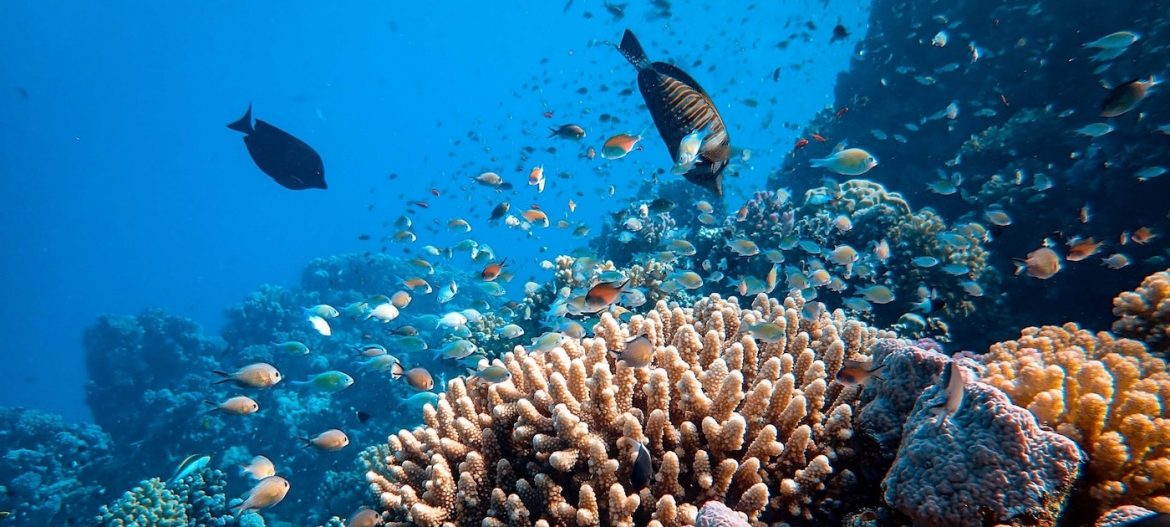A new study of the world’s reefs has shown that once global heating reaches 1.5C, almost no corals on the planet will escape severe bleaching.
The study, which was undertaken by a team of scientists from the University of Leeds, Texas Tech University and James Cook University, revealed that Reefs in areas currently regarded as cooler refuges will be overwhelmed at 1.5C of heating, and just 0.2% of reefs will escape at least one bleaching outbreak every decade.
The study is coming as the world’s biggest coral reef system, the Great Barrier Reef off Australia’s Queensland coast, is on the verge of another mass coral bleaching event.
The scientists used the latest climate model projections to confirm that 1.5C of global heating “will be catastrophic for coral reefs”. They found that Corals bleach when ocean temperatures are too high for too long.
Read also: Study reveals there are over 9,000 unknown tree types
They also found that Algae that provide corals with much of their food and colour separate from the coral during heat stress.
“Severe bleaching can kill corals, but they can recover from milder outbreaks if there are several years with no further heatwaves,” they found. “The world’s oceans are heating due mostly to the burning of fossil fuels”.
The team analysed climate projections across all of the world’s shallow-water coral reefs, which constitute the vast majority of reefs and provide habitat, tourism revenue and coastal protection.
They found that about 84% of the world’s corals exist in areas that are expected to bleach less than once a decade and are regarded as “thermal refugia” and that the only area to escape would be in a region of the east Indian Ocean in an area of natural upwelling of cooler water.
Their analysis also showed that at 1.5C of global heating, only 0.2% of the area covered by reefs is in water cool enough to avoid bleaching at least once every five years – a frequency considered too short to allow corals to recover.
A marine scientist at James Cook University and a co-author of the study, associate Prof Scott Heron, said that coral reefs sustained a billion people around the world.
According to him, the study which was published in the journal PLOS Climate, showed corals worldwide were at even greater risk from climate change than previously thought.
“That meant it was crucial that conservation work continued on reefs to give corals a fighting chance of survival,” he said. “Until we reach the point where I can’t see a single coral, it isn’t too late”.
Speaking further, he said “We have to keep pursuing our best practices to protect coral reefs. Real people rely on these reefs and that is a driver to keep gathering the best knowledge possible.”
On his part, Prof Peter Mumby, a reef expert at the University of Queensland who is studying the effects of climate change on corals, agreed that at 1.5C corals worldwide would be under greater stress than they are today.
“But I don’t agree that this research provides evidence that corals are untenable under 1.5C of warming,” he said.
Story was adapted from The Guardian .
